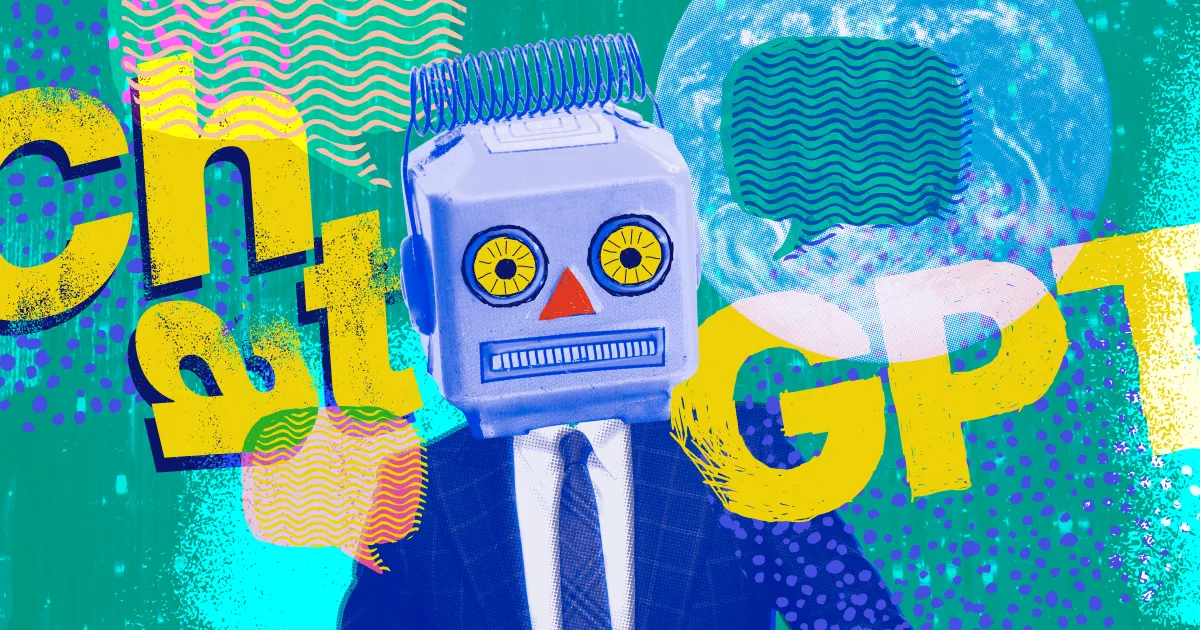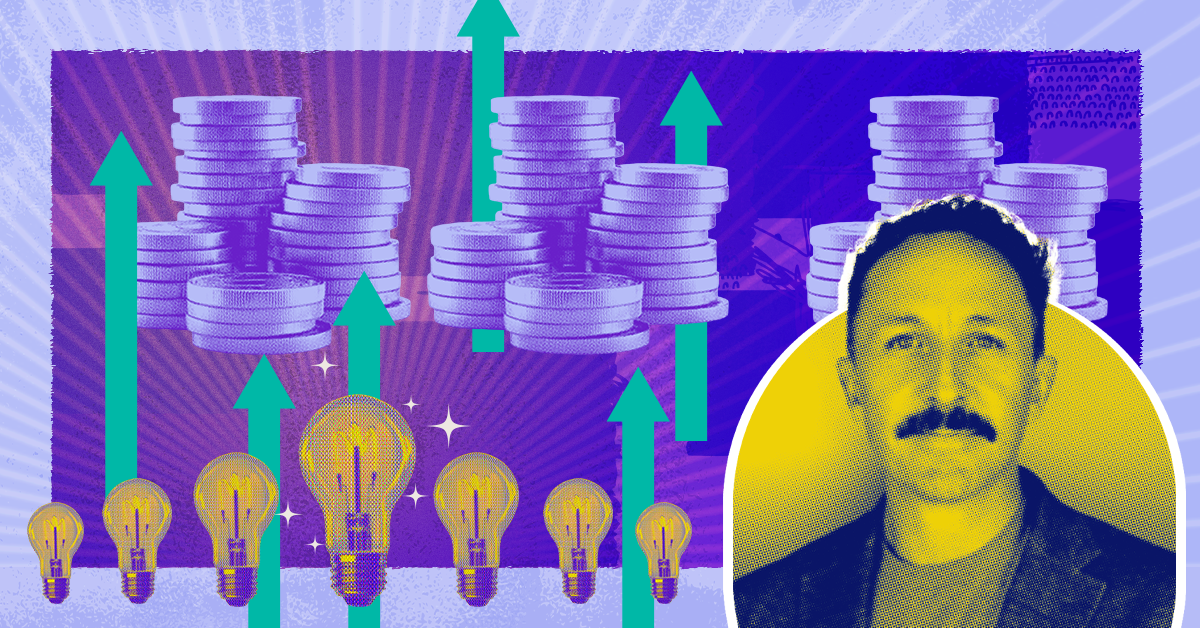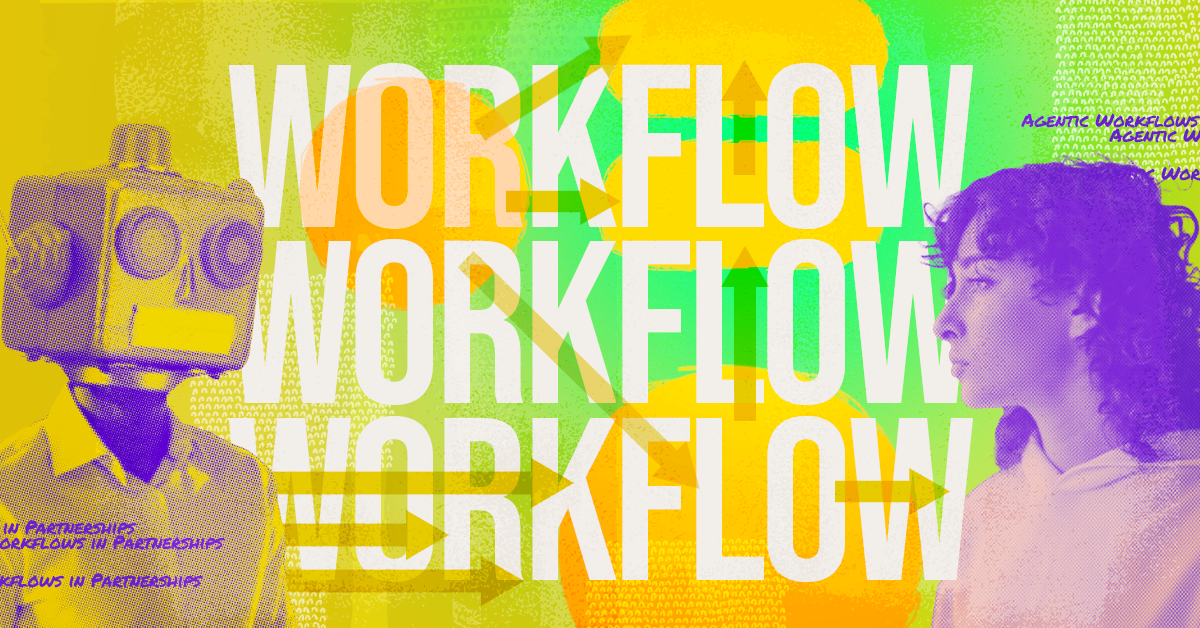Is there any hotter topic in the technology space in 2023 than ChatGPT? Ever since OpenAI launched its artificial intelligence chatbot in November 2022, the AI system has taken the tech world by storm. In its first week, more than one million users signed up to test it out, and interest has only swelled from there. In February 2023, ChatGPT reported more than 100 million monthly active users, with roughly 13 million unique visitors daily.
Given that, it seems as though services like ChatGPT are here to stay. But how does ChatGPT work, what are its limitations, and how can you use it to your advantage when growing your partnerships and business? Read on to find out more about ChatGPT and how B2B marketers can use it to their advantage in 2023.
What is ChatGPT?
ChatGPT is an AI chatbot. Unlike a search engine, it is designed to provide human-like, conversational responses. It can remember what you said earlier in the chat, answer follow-up questions, reject inappropriate requests and admit when it’s wrong. So, if you challenge incorrect premises, it takes note. To use this artificial intelligence, create an account at OpenAI and type in your question. Depending on how and what you ask, ChatGPT will respond with instant textual answers.
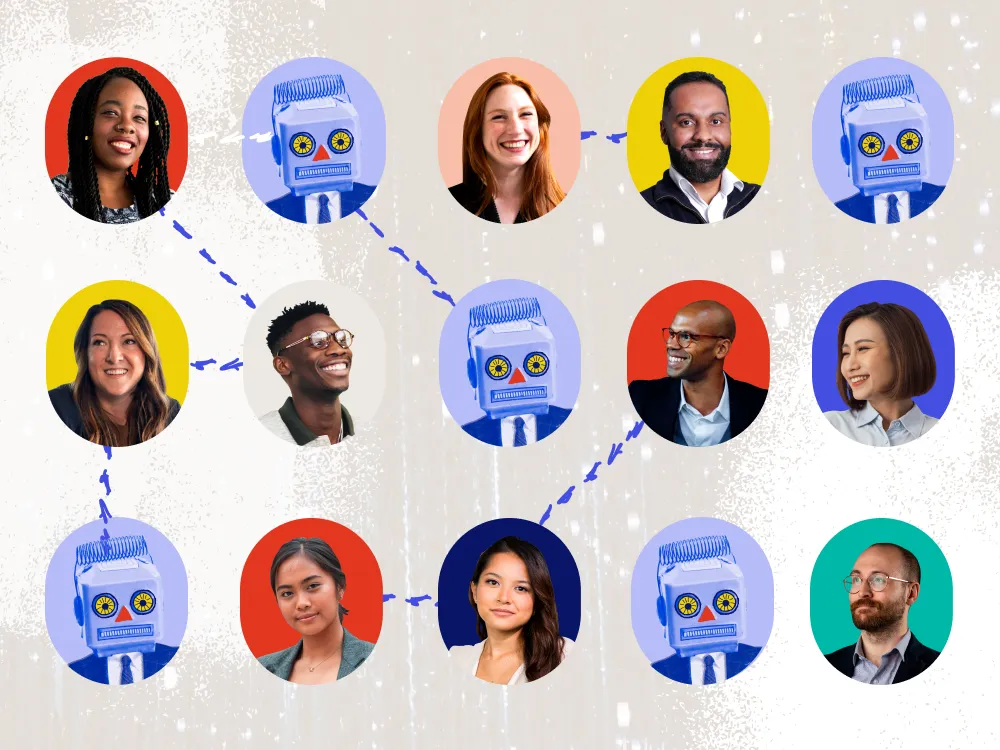
Who founded and owns ChatGPT?
ChatGPT’s owner, OpenAI, is a research and deployment company whose mission is “to ensure that artificial general intelligence benefits all of humanity”. It was founded in 2015 by a group of tech entrepreneurs and AI researchers including Elon Musk, former Y Combinator president Sam Altman, LinkedIn cofounder Reid Hoffman, and Canadian computer scientist Ilya Sutskever.
Musk resigned from the board of directors in 2018. The next year, OpenAI announced a $1 billion partnership with Microsoft, in which the software company would exclusively license its technology. In January, Microsoft made another, multi-year investment in the company that’s reported to currently be worth $10 billion.
Notably, OpenAI is also responsible for GPT-3, the predictive text model that was released publicly in November 2021. It plans on unleashing GPT-4 either later this year or early next.
Is ChatGPT free?
The chatbot is still in the research phase, so it needs human feedback to help it improve. That’s why the initial rollout was free for everyone. However, many users have overloaded the system, resulting in an error message during busy times. That prompted OpenAI to introduce a paid version in February. That premium service is now available for $20 USD monthly.
You might also like: Here’s what you need to drive distribution revenue in 2023.
What are ChatGPT’s limitations?
So far, ChatGPT is able to do anything from write basic code, songs, and essays to provide a hamburger recipe or explain complex topics. What it can’t do is any of that with 100 per cent accuracy. Unlike a search engine, ChatGPT doesn’t access the internet and rank results. Instead, its current iteration is a language model technology that cannot provide real-time information or access results beyond 2021. To answer questions, the service uses something called “transformer architecture” to sort through heaps of conversational text, data science, patterns and correlations.
So, even though it may chat like a human, ChatGPT is also limited in its ability to understand and contextualize the world the way humans do, and it will have its own biases depending on where it pulls information from.
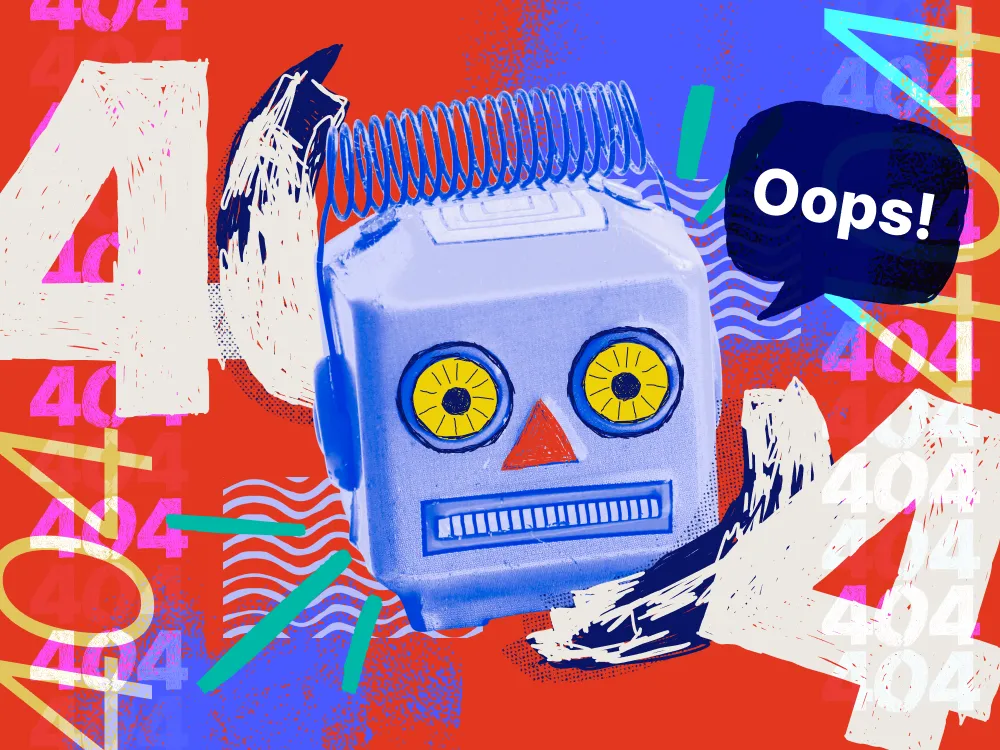
See more: Here’s how automation saves time and money.
Is ChatGPT accurate?
The short answer is no, ChatGPT is not completely accurate — especially as more users report on their interactions with the service. Even ChatGPT’s prompt page warns users that it may “generate incorrect information” and “produce harmful instructions or biased content”. That bias could impede its ability to be adopted en mass by corporations, Business Insider has reported.
How the chatbot answers you is also very much dependent on the way you ask your question. Many users report that straightforward questions tend to yield more accurate results, however, add any nuance or complexity to a question, and your results may be nonsensical answers.
How can the SaaS industry leverage ChatGPT?
While ChatGPT can’t create complex or even 100 per cent accurate code, you can use it as a starting point when crafting and improving your software. Developers can use it to write simple tools in HTML, CSS and JS. UX/UI teams may find it helpful to find out how you could make your interface more user-friendly or unique. Marketers can leverage it to see how brands are promoting their tools on social media, or to generate new campaign ideas and next steps.
ChatGPT won’t replace your company’s need for human coding, but it does allow others on your team to create, expand and play. You can also use it to come up with creative business or product names, or even ask it for business advice.
How can ChatGPT help with marketing, sales and partnerships?
Whether you’re looking to create engaging ad copy, snappy social media snippets or a killer email, ChatGPT offers a great starting point. Asking the tech to create a first draft or script can save time while potentially soliciting sentences or ideas you wouldn’t have thought up on your own.
You could also use ChatGPT to discover potential outbound partnerships and generate new leads, or learn more about those partners you’re interested in reaching out to. Type in a few targeted questions and you may be able to collect data on a potential partner’s preferences or behaviors, enabling you to determine ideal matches quickly or make informed decision on whether to prioritize certain marketing and development strategies. The service can also help you script training tools and data documents for easier onboarding once you have partnered up.
Related: How SMB onboarding works at PartnerStack.
ChatGPT: The bottom line
When it comes to growing your business, ChatGPT can be a useful tool for generating and developing ideas, creating simple solutions, drafting all kinds of copy, and finding and researching potential leads. Still, there are many concerns out there surrounding ChatGPT, its biases, limited knowledge and accuracy, which means it’s best not to lean too heavily on the technology without a second set of human eyes to validate information for accuracy. In other words, while it can be a useful tool for businesses, a human touch is still required.
For more partnerships news: Sign up for our newsletter.
